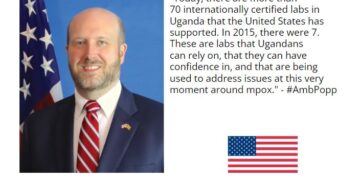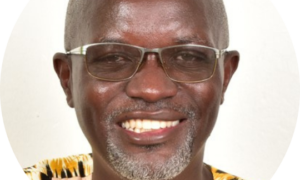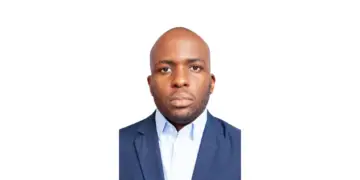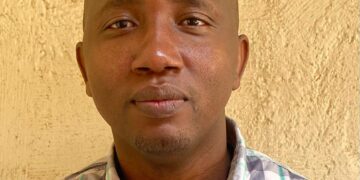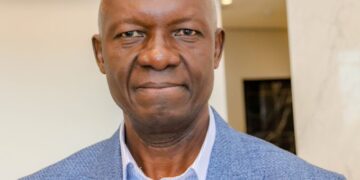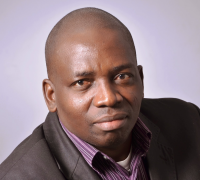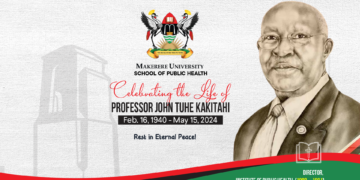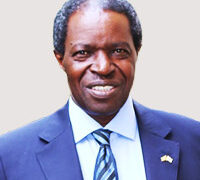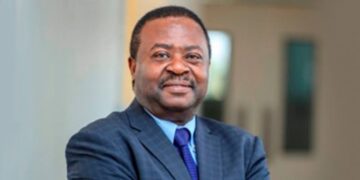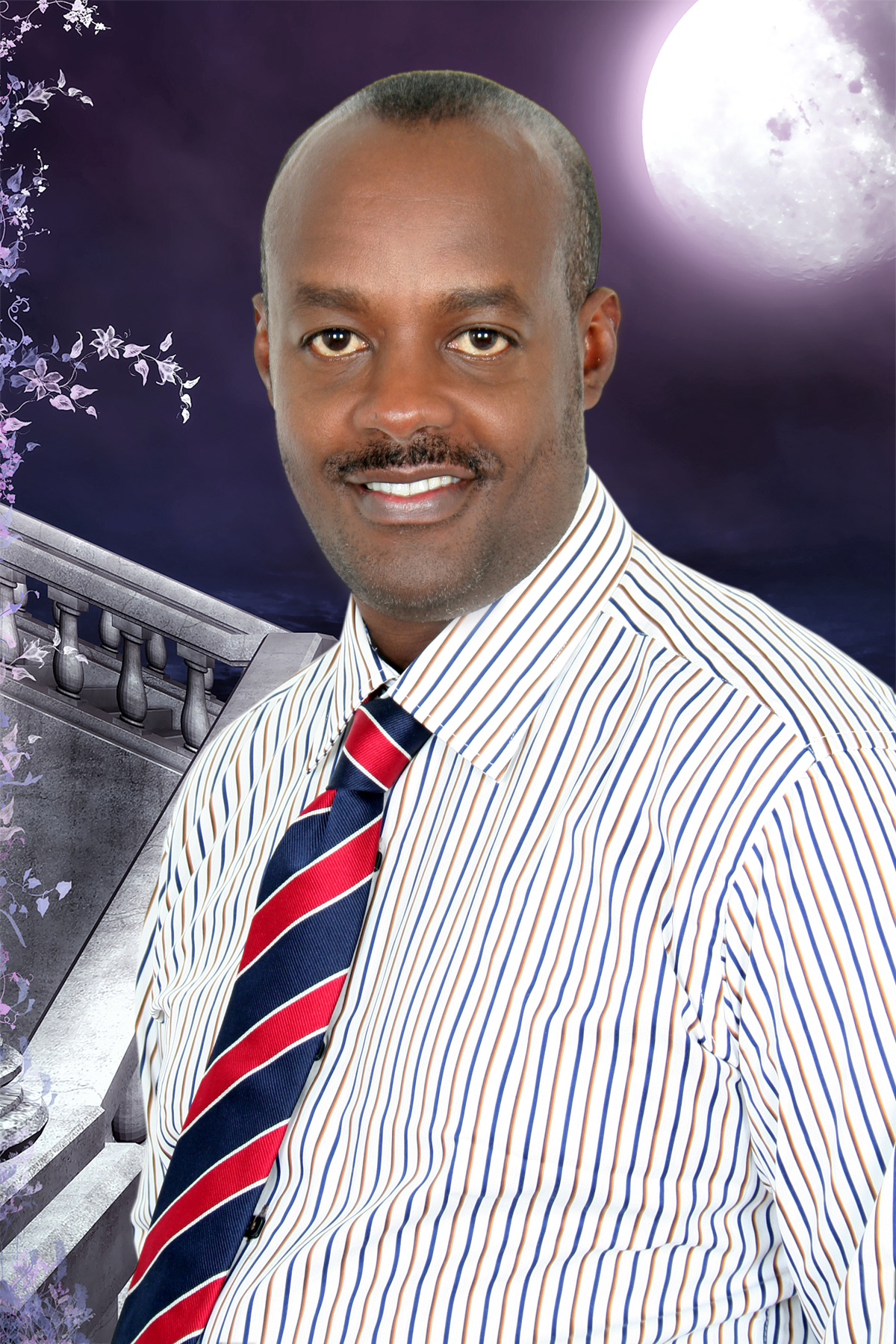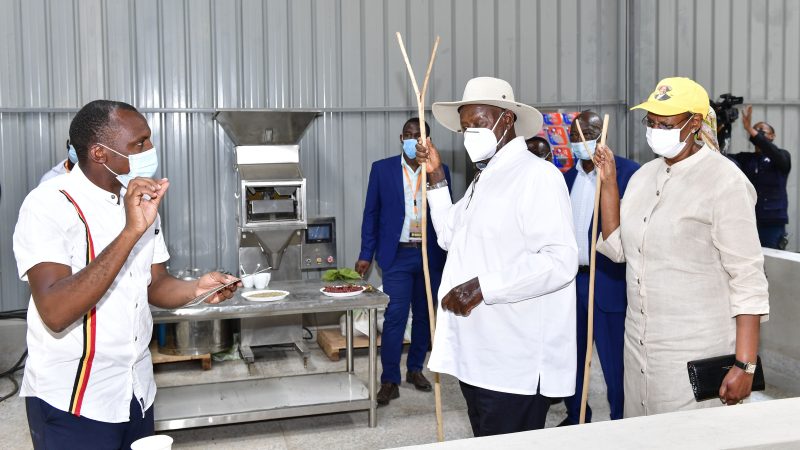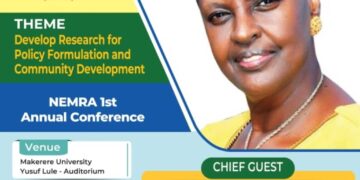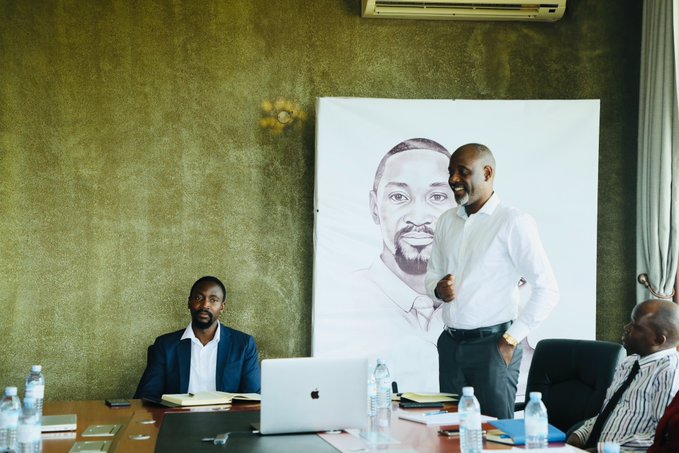It’s wonderful to recognize and celebrate great leaders who have played significant roles in shaping society and left lasting impacts. Honouring their accomplishments serves as an inspiration for generations to come. Thus, with much gratitude to my de facto uncle – younger Tata (he was my Dad’s childhood associate), I pay tribute to a very revered (Most Reverend) spiritual icon of successful leadership. I feel blessed to have known and worked with him from close quarters.
Was he perhaps predestined? At birth (nine days later), he was baptized Paul. Like the legendary biblical guy of Ephesus, the boy from Bumbaire became a tower of faith, a powerful teacher, preacher, communicator, and a big influence on Christendom.
“Okukyenga” is a Runyakitara word that means to comprehend; it involves the correct interpretation of phenomena, information, or ideas, making sense of them, and gaining insight to form a coherent understanding. “Bakyenga,” therefore, means one who excels regularly in “Okukyenga.” “Kamuza – Okwamuza” is to proclaim and also to shout. Both are about making one’s thoughts or intentions known – loudly.
Almost always, and like all the Kamuzas do, the gentle Archbishop never failed to raise his voice loudly and forcefully (if he needed) to express strong emotions like anger (ahabarikunywa amate g’abaana), excitement (Embaju zona z’ensi…), frustration, or joy. His parents took him to a church school at Ibaare near the Kitabi Mission. He would soon gain recognition and favor from the Missionaries for his zeal and commitment to learning. Like Saul, he experienced a life-changing encounter when he joined the Seminary and became one of the outstanding learners. Early mentorship by the White Fathers (particularly Fr. Edgar Trembley) played a pivotal role in guidance, support, and valuable insights that helped him navigate personal and professional growth.
The star of Kamuza’s progeny shone brightly when he was nominated to attend St. Andrew’s College, Scotland’s first university, instead of the usual major national Seminaries. St. Andrews consistently ranks highly for student experience with unique traditions, spectacular landscapes, and world-class teaching. The University exposed the young Ugandan to high-quality, passionately taught, flexible education in a historic and welcoming setting.
Upon return to Uganda, his ordination to the priesthood at Mushanga also bore many distinctions. He was one of the first deacons to be ordained a priest by the first African Bishop of Mbarara Diocese (Rt Rev JB Kakubi), who himself was consecrated by Pope Paul VI in 1969. The papal visit was the first to Africa. The White Fathers, as the providential benefactors of Deacon Bakyenga, featured prominently in supporting his ordination celebrations. Fr. Trembly is said to have delivered a carcass of a buffalo as an offer for the first mass festivities! Several of the classic ordination Runyakira hymns about priesthood (some will be sung today at the funeral) were purposely composed to premiere at the occasion! Fr. Bakyenga’s appointments were also noteworthy.
Like his predecessor, Bishop Kakubi, he was posted first to Ntare School as a Chaplain and also a curate at Nyamitanga Parish (perhaps his only parish work experience)! Later he would be appointed to be part of the ecumenical team to translate the Bible into Runyankore, which probably helped him as a young priest to nurture and build great work relations with other faith leaders.
His Bishop’s gigantesque faith in him was apparently manifested when he appointed him to double-key diocesan roles; Chancellor as well as Pastoral Coordinator; each of the positions being of utmost influence and responsibility. The son of Kamuza would again be picked to go to Rome for further biblical studies. To some (it was suggested), it was because most (future) Bishops had to have either an orientation or experience or to have studied in Rome.
When he returned, he spent most time as a teacher and head of Ggaba Seminary training priests. His selection to become a bishop was in earnest not a big surprise to all that had been watching his journey. It was instead an affirmation of the capability that he had all along exhibited and the sustained mentorship, especially from his Superiors. His Bishopric journey was clearly mapped. He had the right to succeed the Mbarara See (as Co-adjutor Bishop) when his predecessor would retire.
Among his peers at the Episcopal Conference, he quickly gained trust, and he would eventually become their leader. He also led several influential sectoral Committees of the Conference with good results. Bakyenga’s star continued to rise and he got to lead all Bishops of East and Central Africa 2002-2008 in their Association of Member Episcopal Conferences in Eastern Africa, namely; Eritrea, Ethiopia, Kenya, Malawi, Sudan, Tanzania, Uganda, and Zambia. Djibouti and Somalia are affiliate members.
The Cerebral Archbishop was also tapped at different times to be Chancellor of several Universities, including the one he founded at Nyamitanga; St. Joseph’s University. At 79, Archbishop Paul’s life has come to an early end at a relatively early age. However, his legacy as a passionate leader, prolific preacher, and ardent Bible student shall inspire and guide many generations into the future. To become a great leader in his chosen career and vocation, however, there were several key steps he went through. A well-beaten pathway.
Commitment to continuous learning and development. He was always up to date on religious and social trends; he broadened his knowledge and acquired new skills through both formal and networking. He built strong relationships, and positive and authentic relationships with colleagues, team members, and mentors, fostering trust and creating a supportive environment.
He developed strong communication skills, both verbal and written. He listened intently, provided clear instructions, gave constructive feedback, encouraged dialogue, and was very empathetic. He acted ethically in all the responsibilities entrusted to him. He encouraged autonomy and growth. Effective leaders inspire and motivate their team members to reach their full potential. He knew how to adapt and embrace change. Great leaders are flexible, open-minded, and willing to embrace change. They lead their teams through transitions and help navigate challenges. He fostered a positive and inclusive culture:
He was a great collaborator; he respected different perspectives and recognized others’ achievements. This is perhaps one of his greatest attributes as a leader. Yours truly collaborated with him closely in the lay apostolate work. Arch, as we fondly called him, would seek feedback from us as colleagues and team members to assess performance and work with us to take steps for growth. In his ongoing journey of leadership growth and development, he remained humble and open to new ideas and perspectives.
As we lay to eternal rest our great leader and teacher, may we honor his legacy by raising awareness of the need for dedication to the processes and building amenable conditions for the growth of more great leaders like Christ, Bakyenga’s Lord and Master whom he served very well.
Rest well Taata.








